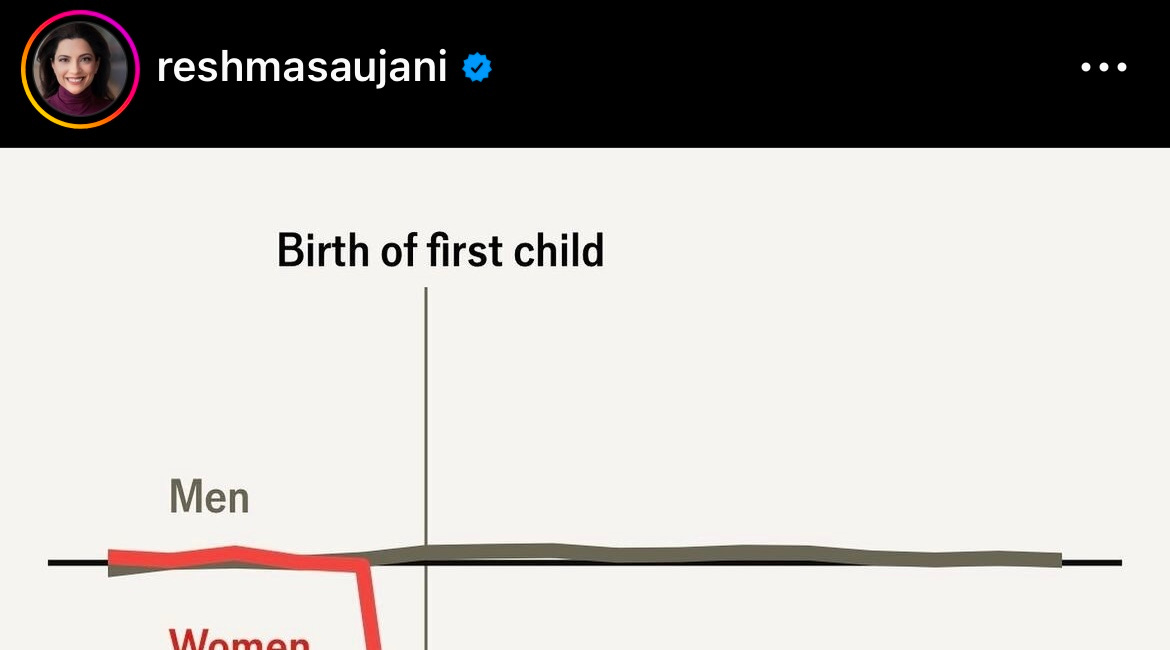Welcome to another installment of The Divorce Diaries. I am thrilled with the number of women who have offered to share their stories and I promise more in the coming months.
One of the reasons I focus less on why did you leave, but HOW did you leave in this series, is because leaving takes money. Often, a lot. Thus the logistics of leaving can feel insurmountable.
Take for example what it takes to hire a lawyer. Many lawyers require a retainer. The first lawyer I talked to charged $700 an hour. Her retainer? $20,000.
I just about fell over.
Also consider what it takes to move out of the family home. Most rentals require a security deposit, and sometimes first and last months rent. This is again, thousands of dollars. So how do people get divorced if they don’t have money? Does everyone just go into debt in order to get free?
And while maybe you can get divorced without money (I don’t know, I’m still trying to understand how that works!), I do know that without money, you cannot afford the kind of counsel that can help you get what you are entitled to under the law.
Due to lack of funds, women are often funneled into meditation. This isn’t necessarily bad, but unless you have a lawyer advising you and advocating for you, women often walk away from the option of spousal support because their husbands don’t want to pay it and they don’t feel like they have the funds to fight. Because while child support is mandatory, spousal support is not.
Did you know a mediator is not required to tell you what you are legally entitled to? They are a neutral party, there to help you and your former spouse come to an agreement. If you do not have a lawyer to consult with, you must do a lot of research on your own.
I had a mom reach out recently who is going through a divorce. Her husband is refusing to pay spousal support despite the fact that they were married for 24 years and she was the caretaker of the children, because he thinks it was “her choice” to stop working to take care of the kids. Her lawyer said that it would take $150k to take her husband to court to get said alimony.1
I sent her the name of my divorce coach, so that she can get clearer on what her options are (without paying her lawyer his $400/hr fee). And I hope that my interview with Eve Rodsky published last week gives women the confidence to argue for payment for their “time tax,” to resist the claim that it was “their choice,” and to emphasize how husbands benefit greatly from wives unpaid labor.
How to Fair Play Your Divorce
If you have been a reader of The Mother Lode since its conception, you have heard me reference Eve Rodsky and Fair Play a multitude of times. Her work created the spine that allowed me to even start The Mother Lode. I wrote last week about how my Fair Play discussion with my husband signaled the end of our marriage (read it
I also wonder whether women don’t want to be financially dependent on their ex-spouses, thus they forgo alimony. But again, if you read my interview with Rodsky, alimony can be considered money that is owed, money that was taken from you over the course of your marriage if you downshifted your career in any way to care for kids.
But alimony isn’t always about who worked more; it is about whose profession pays more. And thus the gender gap comes into play as well as the motherhood penalty (which finds mothers making 58 cents for every dollar a father makes). For example, I have worked most of my marriage (except during the pandemic). I worked part-time so that I could be the primary parent and I worked in publishing, a notoriously low-wage industry. My husband worked full time in finance, a notoriously high-wage industry. When calculating alimony, the equations used seek to equalize incomes so that one spouse isn’t significantly better off post-marriage if they were the higher earner.2 Husbands often end up owing alimony not just when the wife downshifts her career upon the birth of children, but also because men tend to make more than women (or pursue higher earning careers). Obviously this is not always the case. One of the reasons the first case study I did with the Divorce Diaries included a woman paying alimony, was I wanted to upend the stereotype that ex-wives are just money grabbing whores trying to take their exes for all they are worth. No, sometimes an ex-wife pays alimony. It just depends on who makes more (and for that interview, she had an inheritance which her ex couldn’t touch but the income she made on that inheritance was factored into her overall income, thus she paid him, even though she had downshifted her career upon the birth of children).
Alimony also throws into stark relief pay inequity. Maybe it doesn’t feel good to pay alimony, but also, why is one person’s labor worth so much more than another’s? Why are eight hours in the boardroom worth more than eight hours in the home? Or eight hours worked in an office worth more than eight hours working at a elder-care facility? Or eight hours working in a law firm worth more than eight hours teaching kindergartener? Yes, there are sometimes additional degrees undertaken with significant debt to obtain these higher paying jobs, but not always. It makes you realize our entire capitalist system is just broken. Divorce just brings all these inequities into the light.
I hope to continue to unpack these issues throughout this series because I don’t blame wives who don’t want to spend $150k on lawyer’s fees (plus the additional months it would require to take the case to court). Sometimes just being done is priceless. And yet, it doesn’t seem like it should be this way. Women shouldn’t have to walk away from money that should be theirs.
I am lucky that my divorce is mainly about money and not custody. I know for some women, divorce is about trying to keep their kids safe. In the account below, you’ll hear about a mother in a difficult situation, whose co-parent struggles with their mental health. She still does a lot of the mental load and they had to use a co-parenting coordinator to get through some of the more difficult transitions.
She references Family Kind as a resource. I also highly recommend Fresh Starts Registry. And for those who are interested, my divorce coach is Debra Doak.3
Read on for the second installment of The Divorce Diaries.





